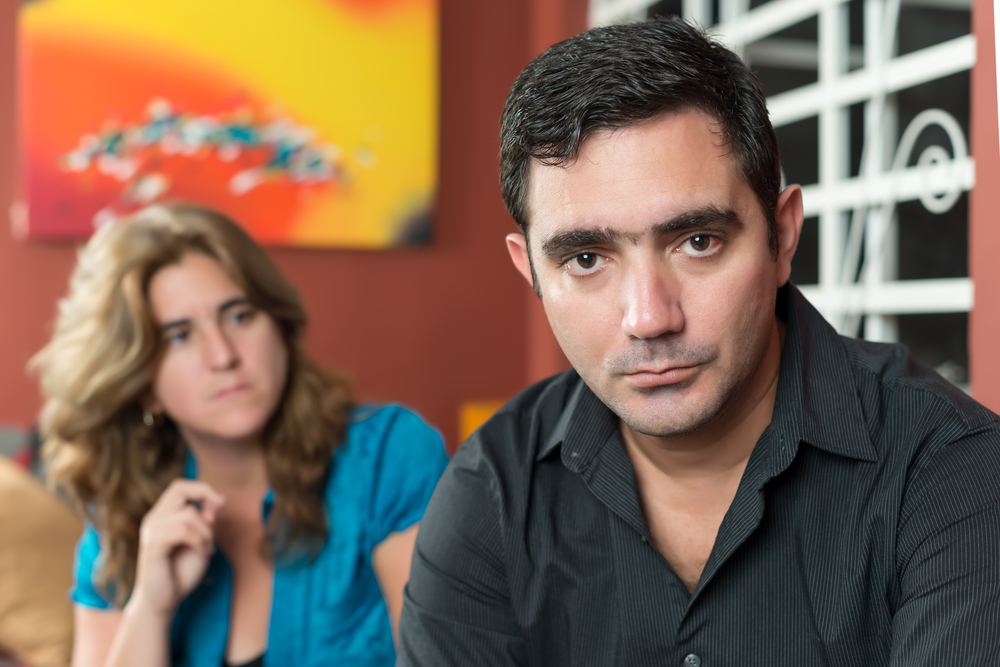Get the help you need right now 855-900-8437 Get Help Now
Get the help you need right now 855-900-8437 Get Help Now
February 16, 2018
The work that you do as a fire fighter or paramedic can be emotionally and physically taxing. But when you carry the weight of post-traumatic stress disorder (PTSD), struggle with substance abuse, or grapple with other mental health challenges, it may feel nearly impossible to carry out your personal and professional duties. Maybe you’ve been struggling for a while, and you’ve finally come to terms with the fact that you need help. But before you can get the treatment you need, you have to tell your loved ones.

One of the biggest myths about addiction and mental illness is that you can deal with them on your own. While revealing your struggles to loved ones might make you feel scared or vulnerable, honesty is an essential part of your recovery. Your close friends and family members have to understand what’s going on to provide you with the support you’ll need in the coming weeks and months. While this conversation can be very difficult, keeping a few things in mind can help you prepare for the encounter:
Be sure you broach the topic with your loved ones in a private, quiet and comfortable location as soon as possible. Pick a time when everyone is available and ready to talk. If they’re tired, stressed or preoccupied with other matters, they may not be as understanding and receptive.
Be prepared for your loved ones to become emotional. If this happens, try to stay calm. Their response doesn’t mean they don’t love or care about you. They might just be sad to hear that you’ve been struggling or scared that they don’t know how to help you. They may also feel hurt that you didn’t talk to them sooner. All of these reactions are completely natural. While they may be painful to witness, try to remain as patient and understanding as possible.
While it can be difficult to fully understand your addiction or mental health condition until you begin formal treatment, it’s important that you share any insights you have about what contributed to your problem. Whether it was trouble managing the stress of the job, trauma from a difficult call, or a combination of factors, your honesty can help your friends and family better understand what you’re going through.
Let your loved ones know that you’re ready to get the help you need. Explore treatment options ahead of time, and share these with the friends and family members that you’ve chosen to confide in. This will show them that you’ve done your homework and are serious about healing, which may be particularly reassuring or comforting if your condition has hurt those close to you. Whether your personality changed dramatically or you became distant, knowing that you’re working toward recovery can give your loved ones the peace of mind that these changes aren’t permanent.
Opening up to those close to you can be scary. You don’t know how they’ll react. You may worry that they’ll be angry, disappointed or heartbroken. In reality, many of your friends and family members likely already know something’s wrong, and will be supportive of your decision to get help. Regardless of how they respond, talking to them is an essential part of beginning your journey to recovery.
If you’re seeking treatment for addiction, anxiety, depression or PTSD, the IAFF Center of Excellence can help. Designed with the needs of IAFF members in mind, the Center provides the evidence-based treatments, healing support groups and reflective therapies needed to begin the recovery process. A call to the Center is completely confidential, and there’s no obligation to begin treatment. Reach out today for more information.